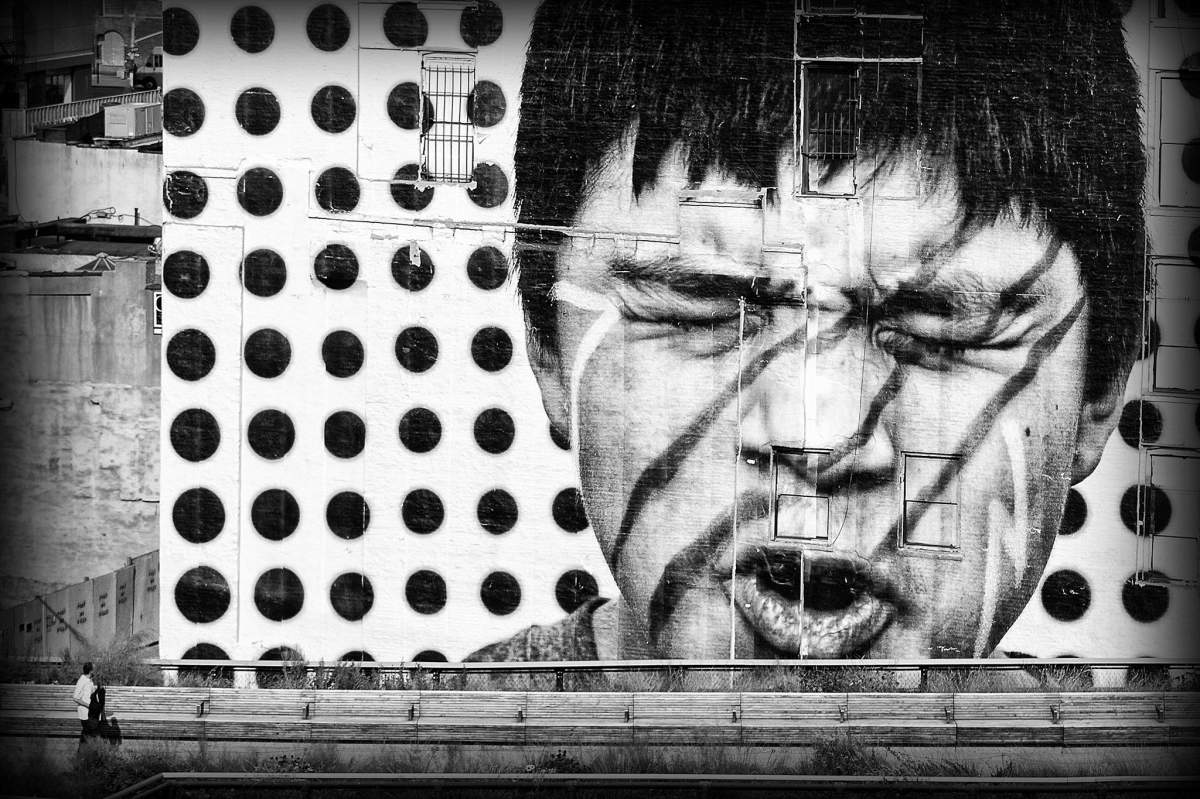
Dear A Moment of Science,
When I think back over my life, I tend to best remember emotional experiences: things that made me feel really happy or really sad or afraid, and so on. I guess that makes a sort of intuitive sense. But is there a scientific explanation for why emotional moments tend to linger in our memories more than neutral moments that don't involve sharp emotions?
Sincerely,
I'm In A Glass Case of Emotion
Our Answer
Interesting question! You're right, of course, that emotional experiences are more likely to stick in our memories than relatively non‑emotional experiences. And that's because things that involve strong emotions trigger physiological and brain states that remain for a while after the events that triggered the emotions.
Plus, emotional reactions can also influence how we remember things that happened afterwards.
Researchers at New York University have studied the phenomenon. They showed test subjects images that triggered an emotional response.
Then, a short time later, they showed the same subjects a series of non‑emotional, neutral images. Another group of test subjects had the opposite experience, first viewing the non‑emotional images and then the emotion‑triggering images.
About six hours later, all subjects were given a memory test to see how well they could recall the images. The participants who viewed the emotional images first had better recall of the non‑emotional images compared to the group that saw the non‑emotional images first.
fMRI scans showed that brain activity sparked by the emotional images lasted for up to thirty minutes after viewing the images, influencing how the subjects experienced and later remembered the subsequent non‑emotional experiences.
Sources And Further Reading:
- NYU. "Is there such a thing as an emotional hangover? NYU researchers find that there is." EurekAlert! December 26, 2016. Accessed April 13, 2017.
- New York University. "Is there such a thing as an emotional hangover? Researchers find that there is." ScienceDaily. (accessed April 13, 2017)
- Sandoiu, Ana. "'Emotional hangover' may influence future memory formation." Medical News Today. January 04, 2017. Accessed April 13, 2017.









